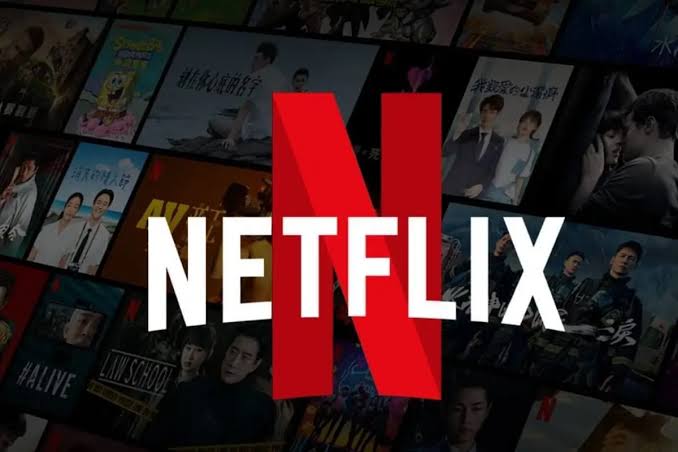
Netflix has made a significant decision to stop showing uncensored versions of Indian films worldwide. This change means that the Central Board of Film Certification (CBFC) now has more control over what viewers see on Netflix. This move comes as other streaming platforms have already been following similar practices, conforming to CBFC standards.
The CBFC has increasingly removed political references and other sensitive content from films. Even though filmmakers prepare original versions, Netflix is now streaming versions edited by the CBFC, such as ‘Bheed,’ which contained references to political figures like Prime Minister Narendra Modi and Delhi Chief Minister Arvind Kejriwal.
This shift affects movies like ‘Leo,’ featuring Tamil actor Vijay, which had been released without cuts in overseas markets but is now censored on Netflix. Another film, ‘OMG 2,’ focusing on sex education, faced censorship by removing depictions of actor Akshay Kumar as the Hindu deity Shiva, despite having an adult rating.
Netflix’s decision gives the CBFC indirect control over what Indians watch online, extending beyond its authority over cinema and TV. It not only affects political references but also edits mentions of influential business personalities like Ambani and Adani.
This move towards censorship by Netflix aligns with the intensified scrutiny that streaming platforms apply to their original series due to fears of backlash. This pressure has resulted in writers being compelled to protect producers against socio-political repercussions, as seen in the case of the series ‘Tandav.’
While licensed content generally goes through the CBFC, Netflix was an exception until now. In its earlier days in India, Netflix had included banned films like ‘Gandu’ and ‘The Pink Mirror’ in its catalogue but later released a censored version of ‘Angry Indian Goddesses’ after public complaints.
Despite inquiries about its changing censorship practices, Netflix declined to respond directly. The company emphasized its support for creative expression but did not address its altered policies on streaming Indian films. This shift signifies a new direction for Netflix’s content strategy in India.













